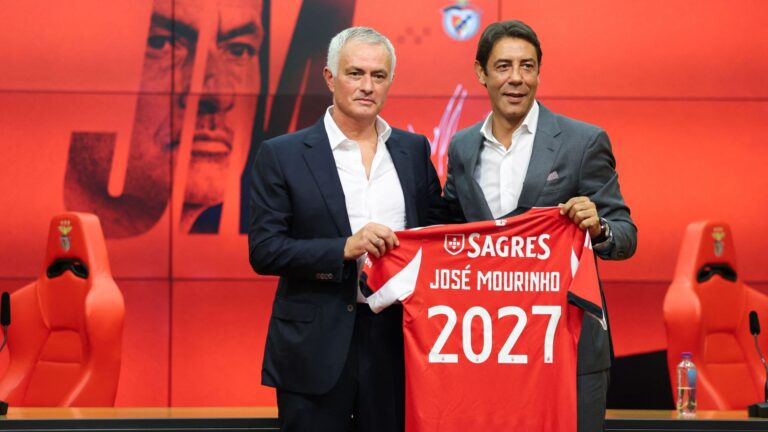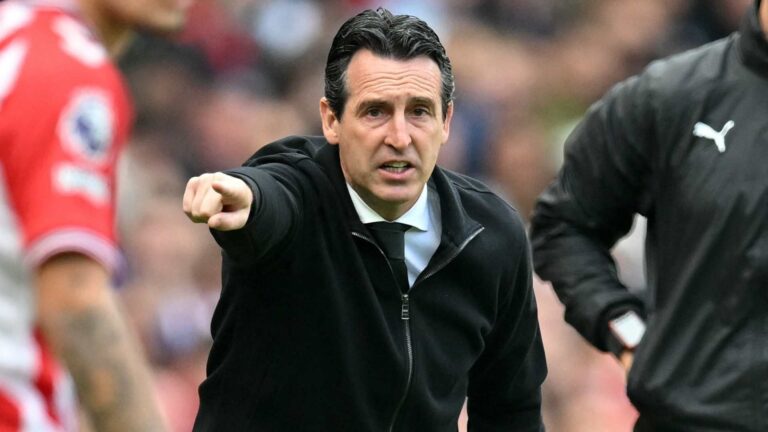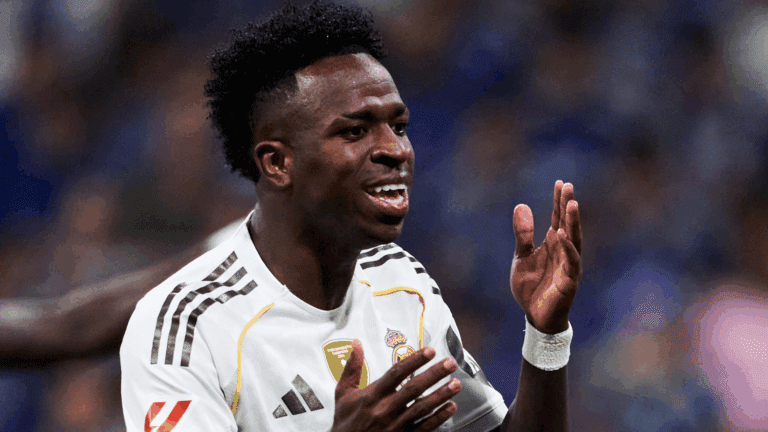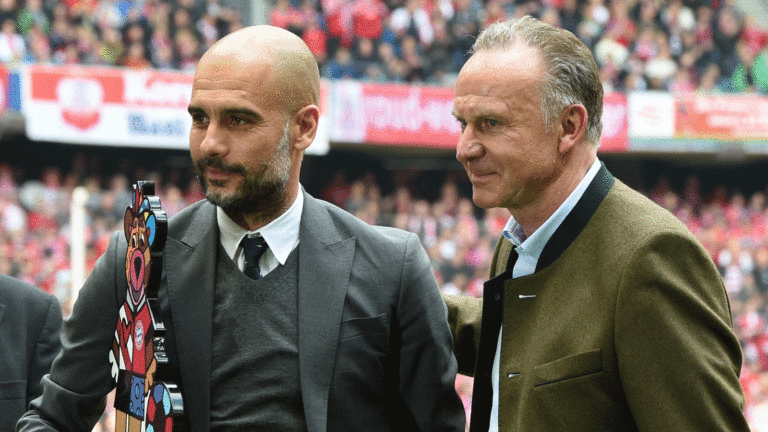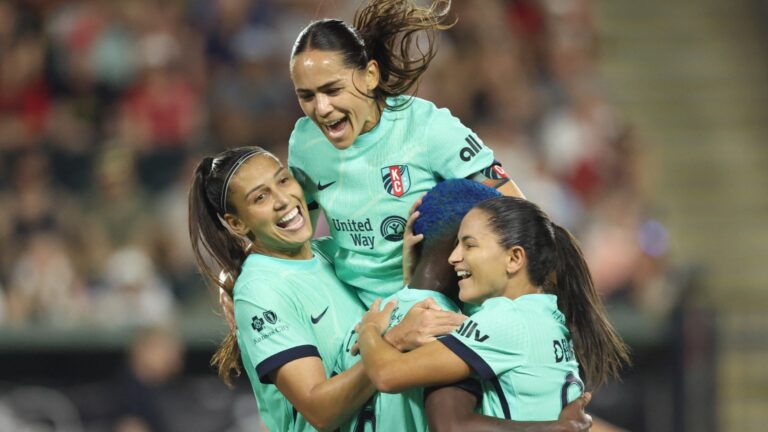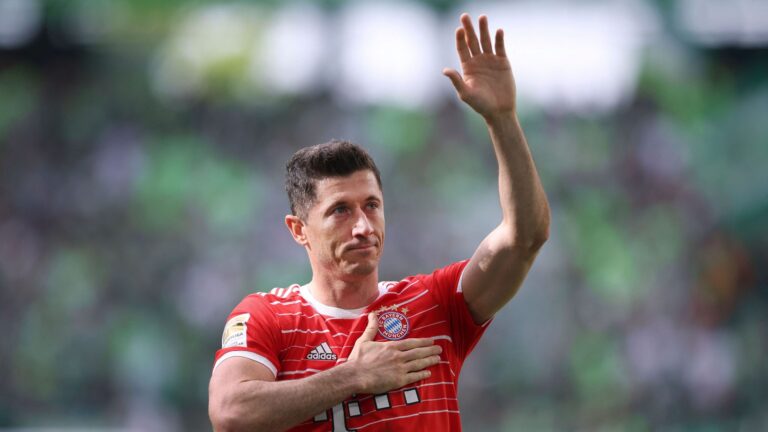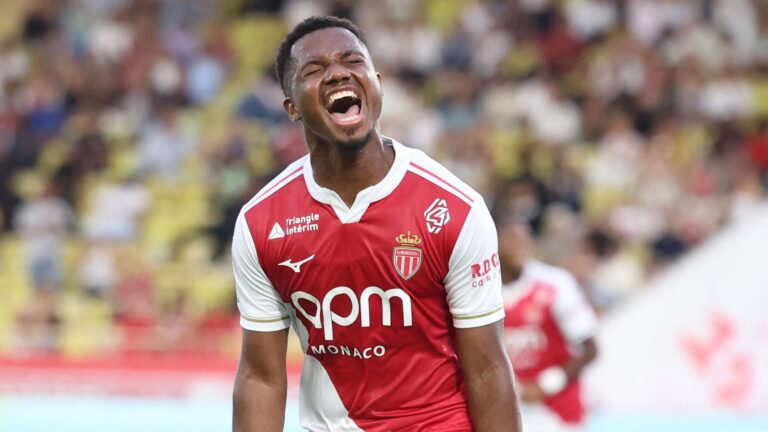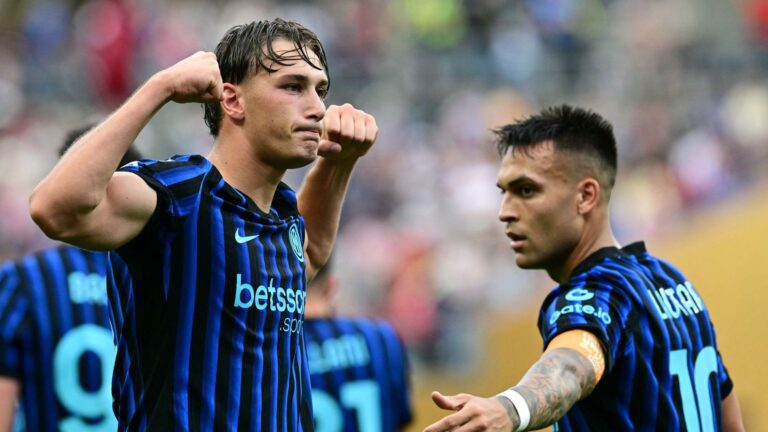Unveiling Thomas Frank’s Tactical Edge Over Ange Postecoglou at Tottenham
Tottenham Hotspur’s recent triumphs under Thomas Frank highlight a marked shift in defensive strategy and team cohesion, drawing sharp contrasts with the previous regime. This evolution isn’t just about wins; it’s about building a resilient unit that controls games from defense to attack, as goalkeeper Guglielmo Vicario has noted.
Thomas Frank’s Influence on Tottenham’s Defensive Resilience
In the latest Champions League clash, Tottenham secured a narrow 1-0 victory against Villarreal, extending their defensive streak to four clean sheets in the first five games under Frank-a significant leap from the single clean sheet they managed at this point last season under Postecoglou. This improvement reflects a deeper team awareness in handling match dynamics, from aggressive pressing to solid backline organization. Recent data shows Tottenham conceding 30% fewer shots on target compared to the same period last year, underscoring Frank’s emphasis on structured defending.
Vicario’s Take on Enhanced Game Awareness
Speaking to the media, Vicario elaborated on the team’s progress: “We’ve gained a better sense of the game’s various stages, knowing exactly when to launch high-intensity presses and when to fortify our positioning across the field. There’s a heightened emphasis on protecting our goal area, stemming from clearer directives on player movements during defensive phases.”
Addressing Defensive Shortcomings
Despite the positives, Vicario acknowledged areas for growth, pointing out that Tottenham allowed Villarreal excessive counterattack opportunities. He stressed the need to “diminish opponents’ chances” on quick breaks to maintain control. “In that match, we permitted too many rapid transitions, which we must eliminate to avoid giving rivals any momentum,” he explained. “Still, it was a strong collective effort in defense, and we’re committed to building on this foundation.”
The Role of Recent Successes in Team Confidence
Vicario credits much of this transformation to Tottenham’s Europa League win from the prior season, which shattered their pattern of falling short in crucial moments. “Securing that title changes your outlook-not just internally, but how others perceive you, fostering a bit more respect. We were once seen as the club that always came close but never clinched it,” he shared. “Now, with that burden lifted, we’re freer to play to our capabilities, with private ambitions that we’re determined to realize in this campaign.”
Tottenham’s Promising Start and Upcoming Tests
With three victories in their initial four Premier League outings, Tottenham are positioned competitively near the top of the standings, thanks to Frank’s strategic approach. For instance, their recent form includes limiting opponents to under 10 shots per game on average, a statistic that highlights their growing dominance. The team faces a stern challenge next at Brighton‘s Amex Stadium, where they’ll need to demonstrate their defensive maturity against a side known for swift counterattacks, potentially shaping their season’s trajectory further.



Thomas Frank’s Tactical Philosophy
When it comes to modern football management, Thomas Frank’s approach at Brentford has garnered attention for its pragmatic and data-driven style. Frank, known for his meticulous analysis and focus on set-pieces, builds teams that excel in efficiency rather than flamboyance. His tactics often emphasize a compact defensive structure combined with quick counter-attacks, making Brentford a tough opponent in the Premier League. This method relies heavily on squad depth and player roles, where every team member understands their specific duties to maximize outcomes with limited resources.
Frank’s philosophy stems from his background in Danish football and his time at Brentford, where he’s transformed the club into a mid-table staple. For instance, Brentford’s use of high pressing in specific zones allows them to regain possession quickly, but it doesn’t always prioritize fluid, end-to-end play. This contrasts sharply with more attacking managers, highlighting how Frank’s Tottenham vs. Brentford matchups often showcase a battle of pragmatism against creativity.
Ange Postecoglou’s Approach at Tottenham
Shifting gears to Ange Postecoglou, his arrival at Tottenham Hotspur has injected a high-energy, attacking ethos that’s reshaping the team’s identity. Postecoglou’s style is heavily influenced by his successful stints at Celtic and with the Australian national team, focusing on possession-based football, high pressing, and building from the back. Under his management, Tottenham’s enhanced team understanding has become evident, with players like Guglielmo Vicario praising the “seamless connection” on the pitch.
Postecoglou demands that his squad maintains a high line and quick transitions, which fosters a more dynamic game. This Tottenham team understanding under new management has led to improved performances, as seen in their aggressive pressing and ability to dominate matches. Unlike Frank’s more conservative setup, Postecoglou’s tactics encourage creativity and risk-taking, making Tottenham a more entertaining side to watch in Premier League fixtures.
Insights from Guglielmo Vicario
Guglielmo Vicario, Tottenham’s goalkeeper, has been vocal about the differences he’s experienced under Postecoglou compared to previous regimes. Vicario highlights how the new management has enhanced team understanding, noting that “everyone knows their role in the build-up, and communication is key.” This shift has reduced errors in defense and improved overall cohesion, something Vicario attributes to Postecoglou’s emphasis on tactical drills and team bonding.
In interviews, Vicario has contrasted this with the more rigid structures he’s faced against teams like Brentford under Thomas Frank. He points out that Postecoglou’s approach allows for greater adaptability, where players can make on-the-fly decisions without losing shape. This has been crucial in Tottenham’s recent matches, where Vicario’s distribution skills have played a pivotal role in initiating attacks, underscoring the benefits of this enhanced team understanding.
Comparing the Two Styles
Diving deeper, the core differences between Thomas Frank and Ange Postecoglou lie in their tactical priorities. Frank’s approach is all about sustainability and minimizing risks, often using a 4-3-3 formation that prioritizes counter-attacks and set-piece mastery. On the other hand, Postecoglou’s 4-2-3-1 setup at Tottenham emphasizes dominance in possession and high-intensity pressing, which has led to an enhanced team understanding and better results in high-stakes games.
- Defensive Structures: Frank’s teams are known for their organized pressing traps, whereas Postecoglou encourages a more aggressive, man-to-man style that Vicario describes as “instinctual rather than scripted.”
- Attacking Philosophy: While Frank focuses on clinical finishing from transitions, Postecoglou builds play through the midfield, leading to more goals from open play.
- Player Development: Postecoglou’s methods have boosted player confidence, as Vicario notes, allowing for quicker adaptation to Tottenham’s new management style.
This comparison isn’t just theoretical; it’s evident in head-to-head encounters, where Tottenham’s fluidity has often outmatched Brentford’s resilience.
Benefits of Enhanced Team Understanding
The enhanced team understanding under Postecoglou brings several benefits that go beyond wins. For starters, it reduces miscommunications on the pitch, leading to fewer turnovers and a more cohesive unit. Vicario has shared how this has improved his own performance, as he’s more involved in build-up play, turning him into a key asset rather than just a last line of defense.
- Improved Morale: Players feel more empowered, which can translate to better mental health and longevity in the sport.
- Fan Engagement: A style that’s easy to follow keeps supporters hooked, boosting Tottenham’s appeal in Premier League discussions.
- Tactical Flexibility: Teams with strong understanding can switch formations mid-game, giving them an edge over rigid setups like Frank’s.
Practical Tips for Football Enthusiasts
If you’re a football fan or aspiring coach looking to apply these insights, consider focusing on communication drills. Start with small-sided games that mimic Postecoglou’s high-pressing style to build team understanding. For instance, encourage players to practice quick passing sequences from the back, just like Vicario does at Tottenham.
- Tip 1: Use video analysis to review matches, spotting how managers like Frank use data for edge.
- Tip 2: Incorporate role-playing exercises to enhance adaptability, drawing from Postecoglou’s methods.
- Tip 3: Focus on mental preparation, as Vicario emphasizes, to handle the pressures of new management changes.
Case Studies from Recent Matches
Looking at recent Premier League case studies, Tottenham’s match against Brentford under Postecoglou showcased these differences vividly. In that game, Tottenham’s enhanced team understanding allowed them to press high and exploit spaces, leading to a comfortable win. Vicario’s key saves and distributions were pivotal, highlighting how Postecoglou’s tactics turned defense into attack.
Another example is Tottenham’s clash with Manchester United, where the team’s cohesion under new management helped them overturn a deficit. Frank’s Brentford, in their game against Liverpool, relied on set-piece goals to secure points, illustrating the contrast in approaches and the tangible benefits of Postecoglou’s style for Tottenham’s overall performance.
First-Hand Experiences from Players
Drawing from player accounts, Vicario’s first-hand experience under Postecoglou reveals a transformative shift. He recounts how initial training sessions focused on building relationships, which has directly improved Tottenham’s team understanding. This personal growth mirrors broader changes, making it a compelling narrative for anyone studying football tactics.


